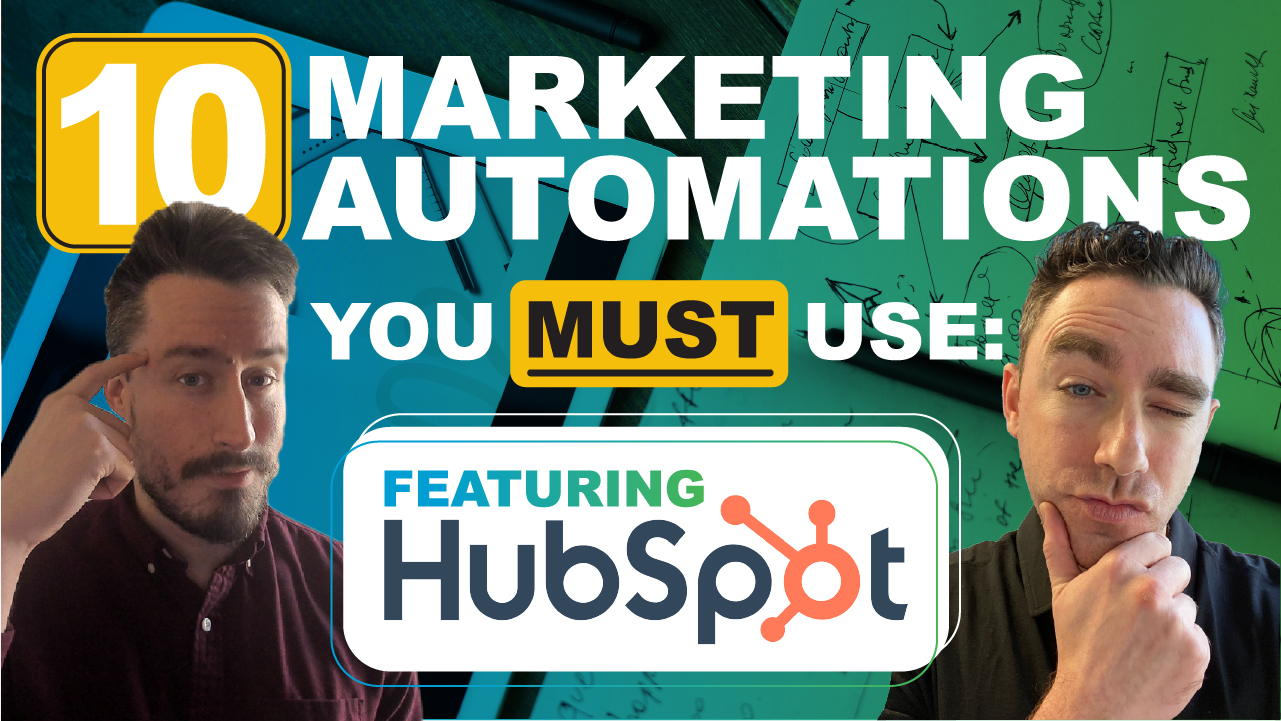
5 Important Questions to Ask When Trying to Determine Your Audience in SEO Copywriting
Think about this: You’ve been traveling abroad for several weeks now and you’ve gotten quite a few things done in that time.
Only now are you able to sit down for a moment to write up an email detailing your adventures.
You have a long list of people that you’re going to e-mail: Your parents, grandparents, best friends, business colleagues, and so on.
Before you begin writing, you have to consider what you’re going say to whom.
This is an important rule that applies to any kind of writing that you will do throughout your life, not just emails and SEO copywriting.
It’s because of this fact that I’ve decided to expand on an area from my last post and talk about writing for specific audiences.
Diversity Among Readers
When I started my career in SEO copywriting, I knew that a “one size fits all” approach to producing content wasn’t going to cut it. I couldn’t simply take a template, switch out keywords, calls to action and titles and end it at that.
What I hadn’t been prepared for, however, was how versatile I would have to be when it came to tailoring a piece of content for a client’s page. Even among companies that offer some of the same types of services, it can be something of a trick to gauge what kind of person would be reading the content as they determined whether or not they want to use that client’s services.
For instance, while you have two companies that deal in computer related services, on e of the two might teach classes while the other offers repairs and replacement parts.
Questions, Questions, Questions
When taking on a piece of SEO copywriting you want to ask yourself several questions that will help you narrow your focus and create a piece that truly meets the needs of the specific clients and readers but what are those questions?
I’m glad you asked!
I find it helps you determine just how you should approach a content piece by bringing up things like:
- What do my readers want?
- Everyone wants something, whether it’s as simple as a glass of water or something a little more complex like a new wing added to his or her home. Your job, as the writer, is to tailor your content around what anyone reading your page wants (as it relates to your main keyword). You can kick the process off by asking “Are you looking for _____?” at the very beginning of your piece, before telling the reader how you will give them what they want if they stay with you throughout the rest of the article. Answering this question first helps because from there you can determine the rest of the content, what language to use, how the article will be structured and so on.
- What will be the most important part?
- This can vary from client to client and audience to audience.
Because most people don’t want to have to wade through word after word of information to get to the good part, it’s important to get to the most important part of the writing fairly quickly. What constitutes the most important part of an article can depend on what you’re writing but, in many instances of SEO copywriting, it can be something like a cost or guarantee.
In other instances, such as those related to something like home improvement, it can be how the service will save them money in the long run. If the client is reading a page about attending a school of some sort, the most important part can be related to jobs after school, financial aid, class scheduling or…well, you get the idea.
- What do I want them to think about me?
- Clearly you want the reader to know just what it is that you’re talking about.
Depending on what you’re writing about, you may be able to show customers that you know what you’re doing by going into detail about the topic. Be warned though; your mileage can vary depending on the topic.
I’ll touch on this in more detail in a bit.
The most important thing that you want is for them to think that they are able to trust you. They are giving you a moment of their time, after all. If you’re successful, they’ll convert to someone who will be spending money on the product or service that the client you’re writing for provides.
Some quick and dirty tips for establishing trust with your readers includes things like: Showing competency in your writing (if you use statistics, cite your sources), go into detail about what the reader will be getting his or herself into and, above all, talking on the level of the reader, as if you are a friend. Don’t ever criticize, condemn or complain to your readers. Be friendly and talk in terms of their interests.
Remember that, when it comes down to it, no one likes anyone else as much as they like themselves. Appeal to that self-regard to win that reader over.
-
- Will the structure matter? – See the bullet points that are making this list up? They make things look much nicer than a wall of text would, don’t they?
With the right structure in play, you can make sure that your reader is always engaged from your first word until your final punctuation mark. In reality, most people skim over a lot of texts that they read online, so having an attractive, readable structure will make things easier and allow the reader to find what they want without too much of a hassle. Nobody likes to be hassled.
Likewise, don’t hesitate to use tools in your word processor that helps certain parts stand out. If someone is skimming an article and sees something bolded, italicized, underlined or different from what they’re using to seeing in any other way, they may pause to see what the commotion is about. Anything that you REALLY want your reader to know has to jump out and grab them accordingly.
Likewise, consider breaking your copy into sections, with each one separated by a title that displays that section’s main idea. The large titles will draw attention and the sections will help your readers find what they want much more quickly.
This is something that is universal to all audiences, especially in those targeted be SEO copywriting. Brief, succinct chunks of text that are no longer than five or six lines will trump massive, intimidating walls of text every time. I guarantee it.
-
- What kind of information can be included and what can be left out? – This goes back to my previous point about going into detail. When thinking about what kind of information you can include and what you can rightfully leave out, ask yourself what you would care about if you were in the market for whatever the page was about.
If you were looking to get the roof of your home repaired, would you care about how many tiles it takes to get the job done?
Likewise, if you were ordering custom soccer balls in bulk, would you necessarily want to know about the net weight of the balls you were ordering?
When doing your research for the topic of your SEO copywriting, think about what it is that you’re writing about and try to get into the head of the kind of person who might be in the market for that item or service. That should be some help in determining what your article needs and what it can do without. This will help you narrow your focus for your ideal audience.
I think that I’ve said enough at this point. Hopefully, you have a better understanding of what you have to do in order to understand just who it is that you’re writing for.
When it comes to SEO copywriting, there are a lot of little tricks and other things to keep in mind so that the page you’re writing for ranks well on search engines, but it can all go to waste if the actual text has no value for the reader because it doesn’t address their wants, needs or reservations by the end of the final sentence.
Most newsletters suck...
So while we technically have to call this a daily newsletter so people know what it is, it's anything but.
You won't find any 'industry standards' or 'guru best practices' here - only the real stuff that actually moves the needle.







